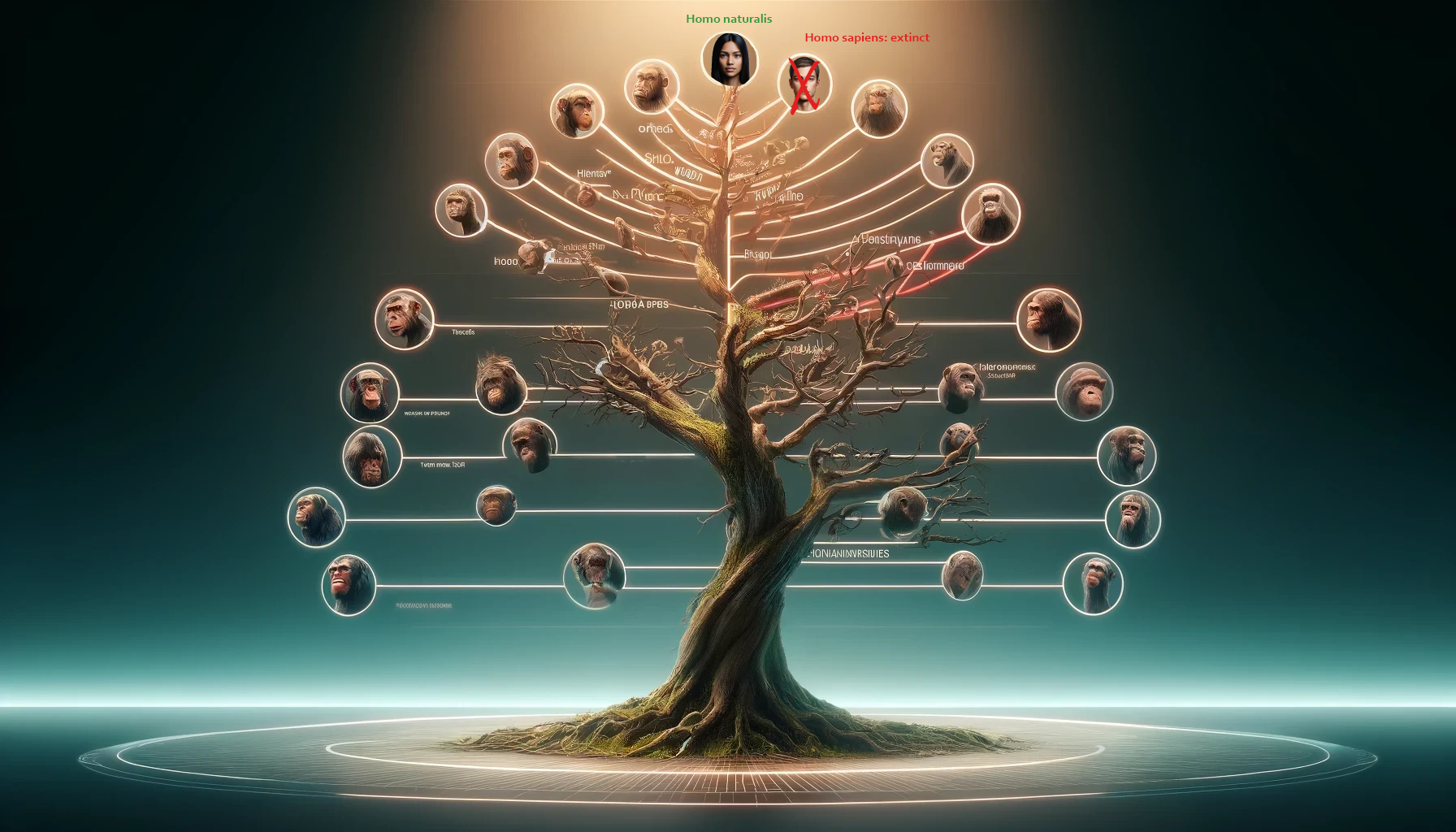Description
The translation of the award winning 2013 dystopian anticipation thriller Naturalis.
Tagline
Nature does nothing in vain… – Aristotle
…and she always finds her way. – Kanata
Preface
On average, a hundred species – both animal and plant combined – disappear every day on Earth (between seventy-two and one hundred and thirty-seven according to the most conflicting studies). Recent research on fossils indicates that this is a pace a thousand times faster than the natural extinction rate during the evolution of species in the past. There are still doubts as to the causes of this acceleration, even though human activity seems to be a significant factor.
Where there is no doubt, however, is that nature has not had its final say, despite Homo sapiens‘ reluctance to realize it.
Hook
Alexandra Rousseau is a troubled high-school student whose nights are plagued by apocalyptic dreams that have sent her into an unstable period of neurasthenia. Who is the strange boy who recurs in her dreams? What is the role of Sandrine, the prisoner being experimented on in secret? What should she make of the extinction scenario that is gradually unfolding in her mind? With no one to take her seriously, she’ll have to piece together the global puzzle that threatens all humankind.
From scientific discoveries to industrial decisions, the very future of today’s generations is at stake in this anticipation thriller, which will give you a whole new perspective on man’s hegemony over our planet.
Pitch
« Nature does nothing in vain… – Aristotle »
Pandemics, lightning-fast environmental allergies, cellular degeneration, sterility: Nature has found a way to eliminate the parasite that has been plaguing the planet for far too long.
Alexandra Rousseau, a high-schooler long terrified by her premonitory apocalyptic dreams, is emerging from a long period of neurasthenia. An involuntary and powerless witness to the dark future that awaits humanity, she knows that before the end of this century, mankind will face genetic extinction. After a record food pandemic, their immune systems will collapse. Allergic to their own environment, they will then retreat into immense megacities, fleeing all natural and allergenic spaces. The various treatments developed to fight the disease will result in sterility among the population, putting an end to the Sapiens hegemony on Earth.
Seventy-five years ahead of time, can Alexandra stop this plague? Who would believe her rantings? How can she convince the public authorities of our time about the terrible future that lies ahead? For her, the solution lies elsewhere, with the mysterious « Naturalis. » A human species that has always rubbed shoulders with Sapiens, but will only be revealed to the world after the genetic research carried out to fight allergies in 2046. Immunized themselves, they quickly become the scapegoats for all Sapiens’ ills. As living representatives of this now hostile Nature, they are identified, parked and persecuted.
Can she approach the Naturalis Council? Should she warn them of the experiments being carried out on Sandrine, a hybrid who imposes herself in her dreams and whose genetic code conceals the secrets of both the elimination of the Naturalis and the remission of the Sapiens? The Genetic Marker 46 is undoubtedly the key, and the survival of both species depends on this hybrid’s future. But for this to happen, Alexandra will have to step out of her role as a mere spectator and take action across time itself. Between reality and visions, present and future, Sapiens and Naturalis, only she can make a difference.

